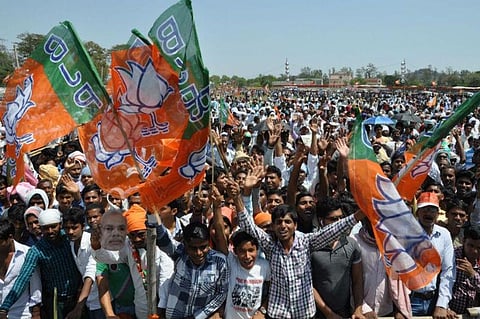"Conscripts, you have sworn fidelity to me before the altar and the minister of God! You are still too young to understand all the importance of what has been said here; let your care before all things be to obey the orders and instructions given to you. You have sworn fidelity to me; that means you are now my soldiers, that you have given yourselves to me body and soul. For you there is now but one enemy, my enemy. In these days of socialistic sedition, it may come to pass that I command you to fire on your own kindred, your brothers, even your own fathers and mothers, which God forbid, even then you are bound to obey my orders without hesitation."


